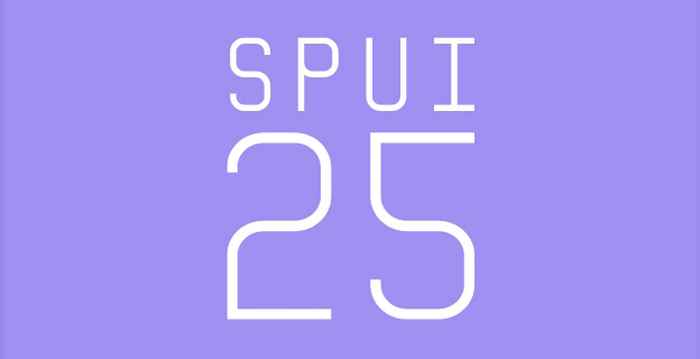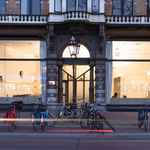Achille Mbembe on Freemasonry, Homosexuality and Enrichment
- Date
- 23 November 2025
- Time
- 14:00
- Location
- SPUI25
In their recent book Conspiracy Narratives from postcolonial Africa: Freemasonry, Homosexuality and Illicit Enrichment Rogers Orock and Peter Geschiere tackle a key challenge to academics: how to deal with the rampanty growth of conspiracy theories in the present-day world. If attempts to refute them only make the believers more convinced, the challenge might rather be how to explain why these often quite unorthodox ideas acquire such a hold over so many people.
In their book, the authors try to understand why after 2005 Cameroon became abruptly one of the most homophobic countries in Africa. The historical key in this case is the popular resentment of Freemasonry and other secret societies being omnipresent among the national elite and currently associated with homosexuality and enrichment. The challenge is to understand why around 2005 these elements were suddenly combined in a powerful denunciation of the national regime for corrupting the nation from the inside.
This idea of a “click” – disparate elements being suddenly linked into a frame that worked – makes this study of more general relevance for understanding the sway of conspiracy thinking over the present-day world. Achille Mbembe and Rachel Spronk will discuss the wider relevance of this case study. Francio Guadeloupe will act as moderator.
SPUI25 is the academic-cultural podium of Amsterdam. Since 2007, we have been giving scientists, authors, artists and other thinkers the opportunity to shine a light on issues that occupy, inspire or concern them. In cooperation with a large number of academic and cultural partners, we organize between 250 and 300 freely accessible programs per year. These are enriching, often interdisciplinary programs that move between science and culture, fact and fiction.
SPUI25 is one of the UvA podia in the University Quarter.

